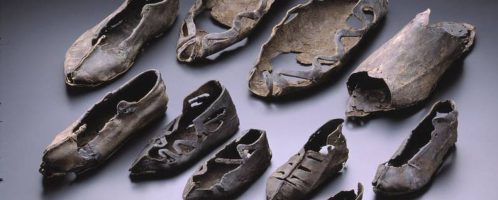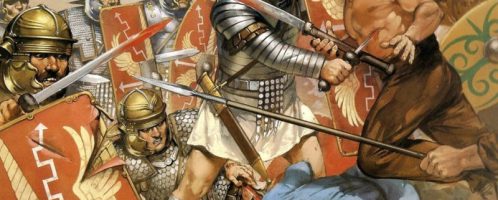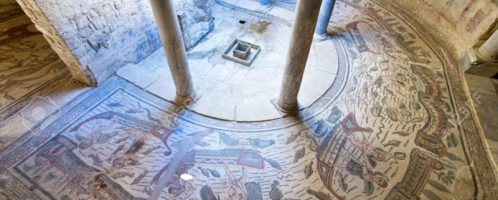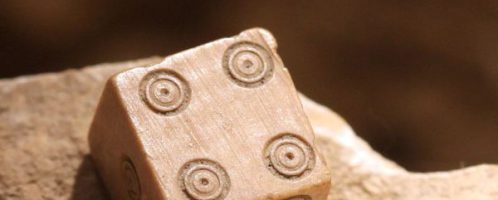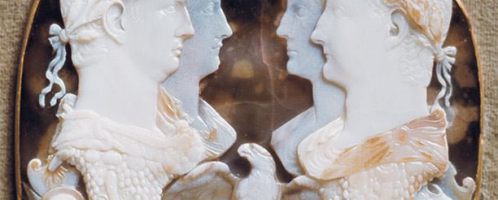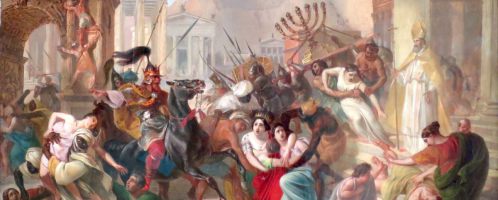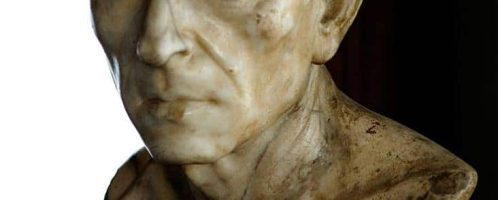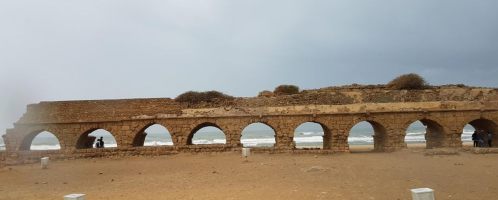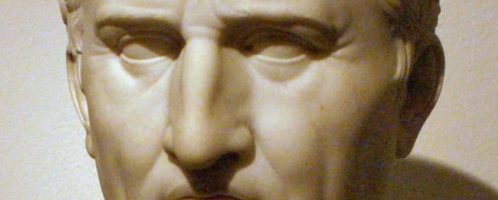If you have found a spelling error, please, notify us by selecting that text and pressing Ctrl+Enter.
Curiosities of ancient Rome (Unknown facts)
The world of ancient Romans abounded in a number of amazing curiosities and information. The source of knowledge about the life of the Romans are mainly works left to us by ancient writers or discoveries. The Romans left behind a lot of strange information and facts that are sometimes hard to believe.
Divide and conquer – Romans’ method of conquest
Divide and conquer (divide et impera) is the principle of the conquest and subjugation of peoples by constantly inciting internal conflicts in conquered territories and acting as the mediator of conflicting parties. This method was already known in the ancient world, and the ancient Romans were the masters in its application.
Roman mosaics popular among wealthy Romans
The preserved remains of Roman mosaics throughout the former Roman Empire are proof that wealthy Romans loved to decorate their homes. The works of art depicted various images: heroes, gods, women, animals, etc.
“The dice have been cast”
On January 10, 49 BCE Gaius Julius Caesar crossed the Rubicon River in northern Italy and thus started a civil war against Pompey and the Senate. In the days of the Roman Republic, the Rubicon was a border river between Pre-Alpine Gaul and Italy, and due to the growing political power of Julius Caesar, the Senate drew a border on the river, which he could not cross due to your legions. It was supposed to be a safeguard against a possible coup d’état.
Gemma was popular in Rome
Gemma was a semi-precious or noble stone with the shape of a round or oval plate decorated with relief. Gemmas were popular as ornaments or seals in the Roman Empire. In Rome, probably the first to wear a gemma was Scipio Africanus.
Extravagance of rulers
Some of the Roman rulers tried to emphasize their own uniqueness by serving and eating unusual and unusual dishes.
Weapons made of Lower Silesia iron could scare the Romans
In the Roman period, Lower Silesia was one of the most dynamically operating metallurgical centres in the Barbaricum. One of the largest metallurgical settlements from this period was discovered in Tarchalice (administrative district of Wołów).

